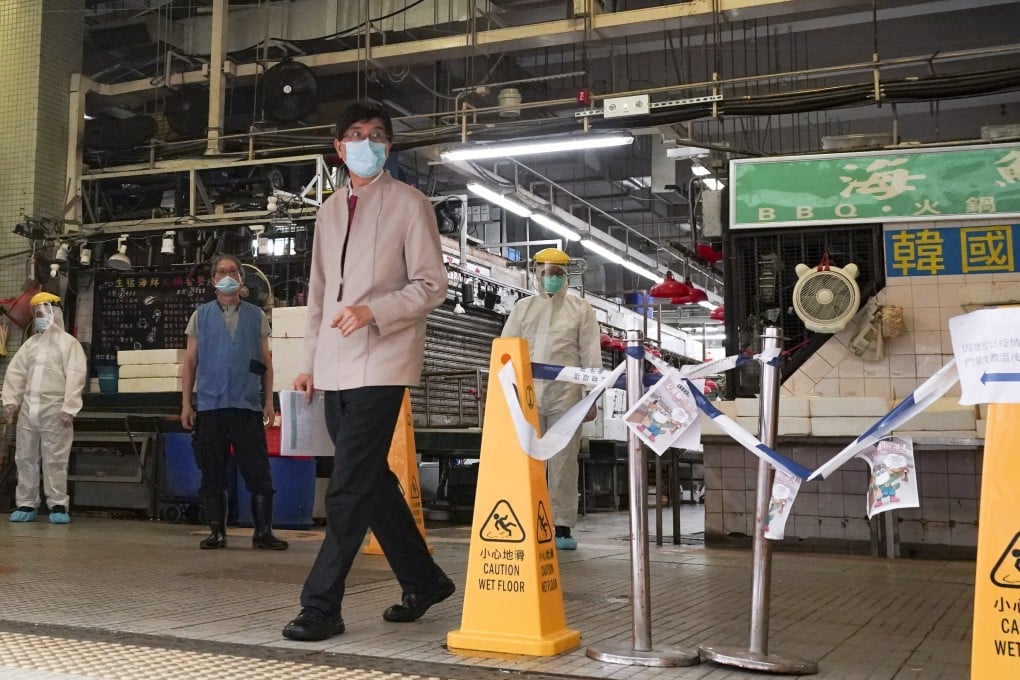Coronavirus: fourth wave could be in store for Hong Kong, but even a speedy return to normalcy would be a ‘pyrrhic victory’, expert warns
- Professor Yuen Kwok-yung, who advises the government on the pandemic, says infections could spike again as temperatures fall
- Yuen also calls for ‘watertight’ border controls, and for people to record their own movements to facilitate contact tracing in the event of infection

Yuen said even if the pandemic completely eased after two more weeks, it could only be called a “pyrrhic victory”.
However, Yuen predicted the pandemic would worsen again in the upcoming autumn and winter because cool, dry weather eases the spread of most respiratory viruses.
“Summarising Hong Kong’s anti-epidemic experience over the last seven months can help us to prepare for the fourth wave of infections in the autumn-winter season this year,” he said on a radio programme on Saturday.

03:49
World’s first coronavirus reinfection case confirmed in Hong Kong, a university study reports
Pointing to the latest wave of infections and deaths, which intensified in July, Yuen said the genetic sequence of the coronavirus showed that the strain had been imported from Southeast Asian countries, speculating that its spread through the city might have been through taxi drivers and restaurants.